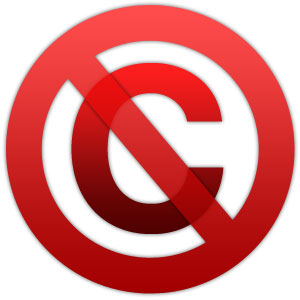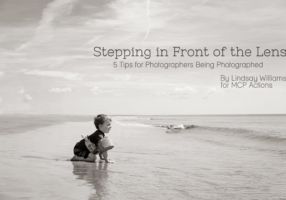Featured Products
Several press agencies have joined forces for an aggressive judicial review over UK’s government plans to change the copyright laws.

According to British Journal of Photography, the alliance of press agencies has sent a Legal Letter to the UK Government, claiming that Clauses 66, 67 and 68 of the Enterprise and Regulatory Reform Bill are ill thought. The consortium – that includes Associated Press, Getty Images, Reuters, Press Association, and the Federation of Commercial and Audiovisual Libraries – brings up the fact that the plans are without basis and should be under full Parliament scrutiny. The letter reads:
“The consortium believes that the economic growth arguments originally put forward to justify the Government’s proposals are without basis and has challenged the Government’s plans to introduce its proposed changes through so-‐called `Henry VIII clauses` - secondary legislation which is not subject to the full scrutiny of Parliament, which includes visibility to the public.”
This is not the first reaction, as US based organizations representing photographers and visual artists first shared their concerns over UK’s government move. The press agencies alliance states that:
“any changes to the UK’s copyright framework should be industry-led and (n.r. the consortium) fully supports the creation of the Copyright Hub – an initiative led by businesses and stakeholders to create a digital registry of copyrighted works”.
Most believe that the biggest losers of this new law will be exactly the ones that apparently should benefit from it: the authors of the works. According to the Stop 43 organization, the law will allow technology, academic and cultural sectors to benefit from other people’s work for free. According to the Berne Convention for the Protection of Literary and Artistic Works, signed in 1886, the countries that signed it should recognize the works of other signatory countries in the same way it does for its own. If UK passes the law, it means that any member (country) of the Bern Union will have its works shared for free, without the author’s agreement. This means that the minimal copyright standards required by the Bern Treaty are not met.
There were no further news on the subject, at the time this article was published.






































